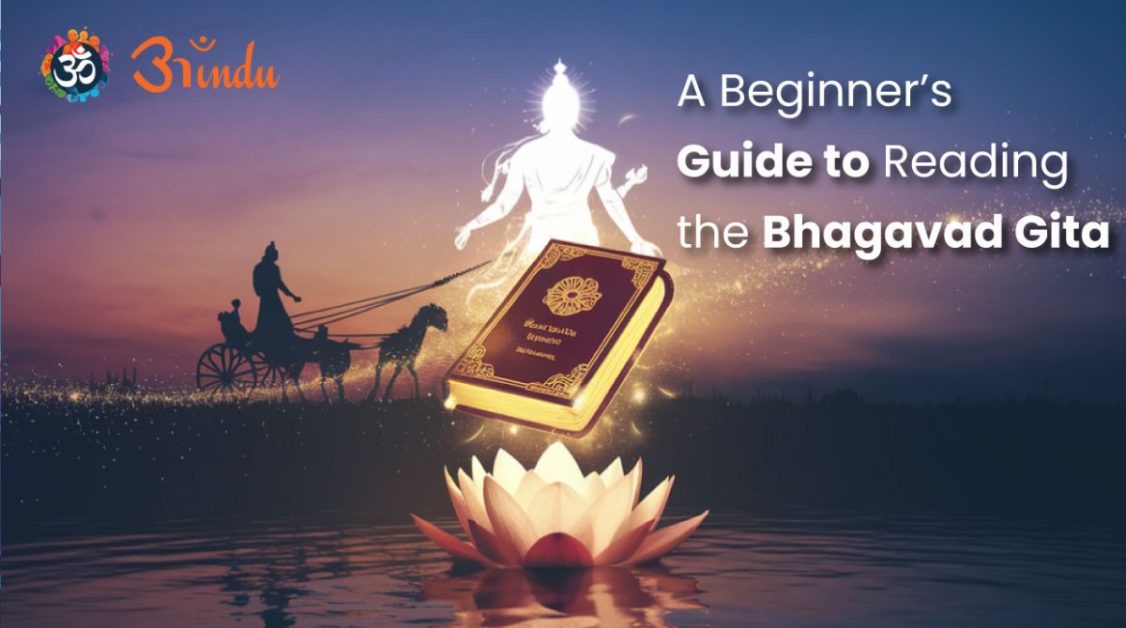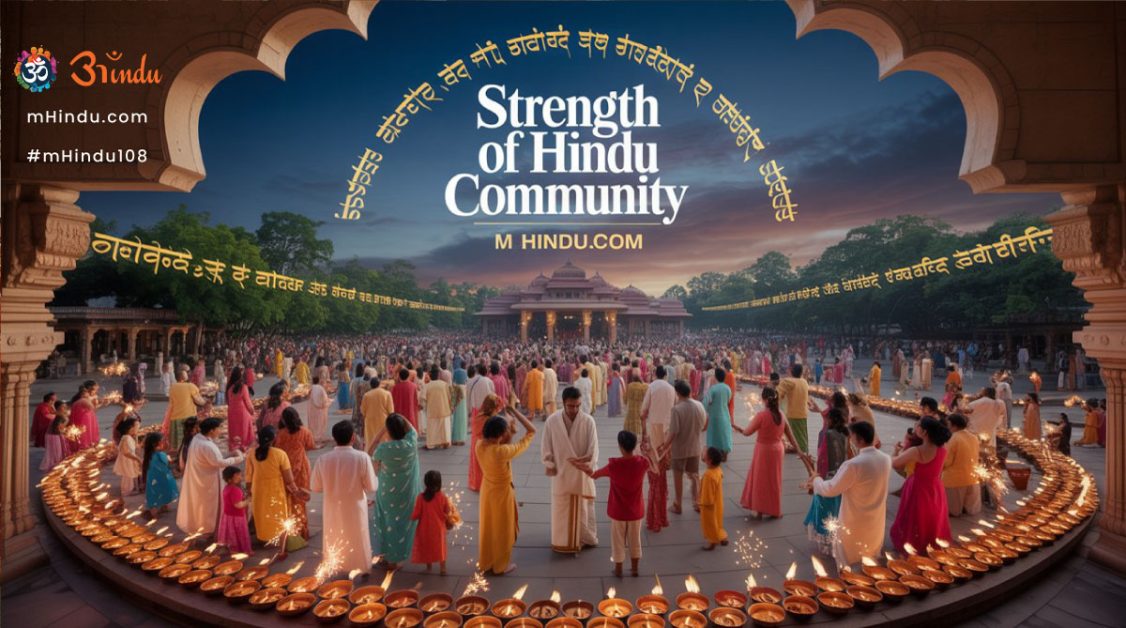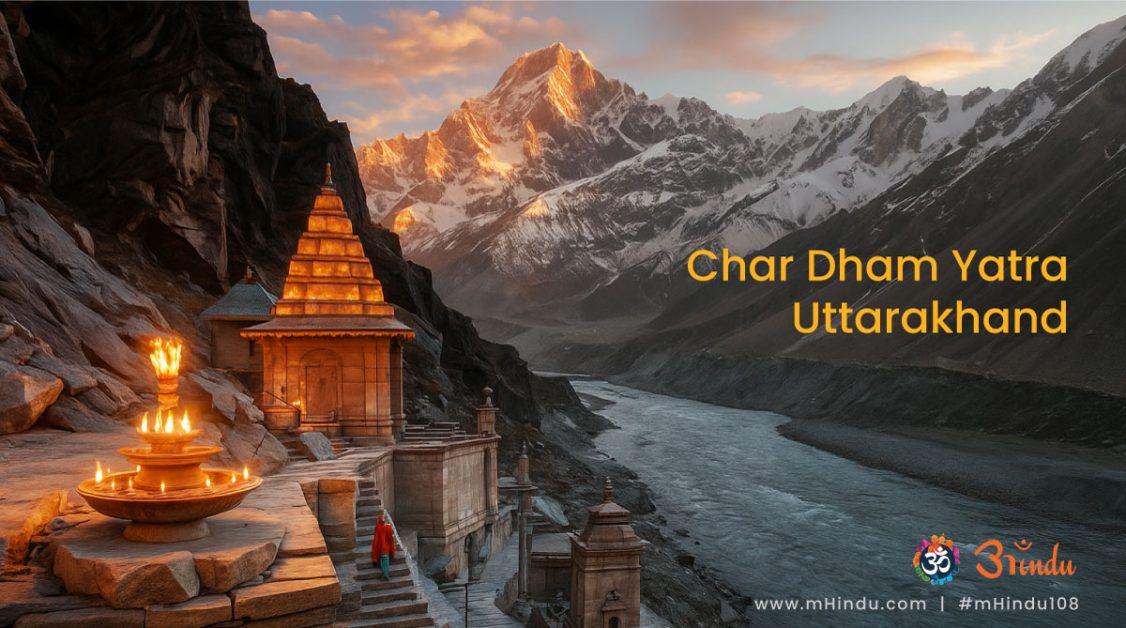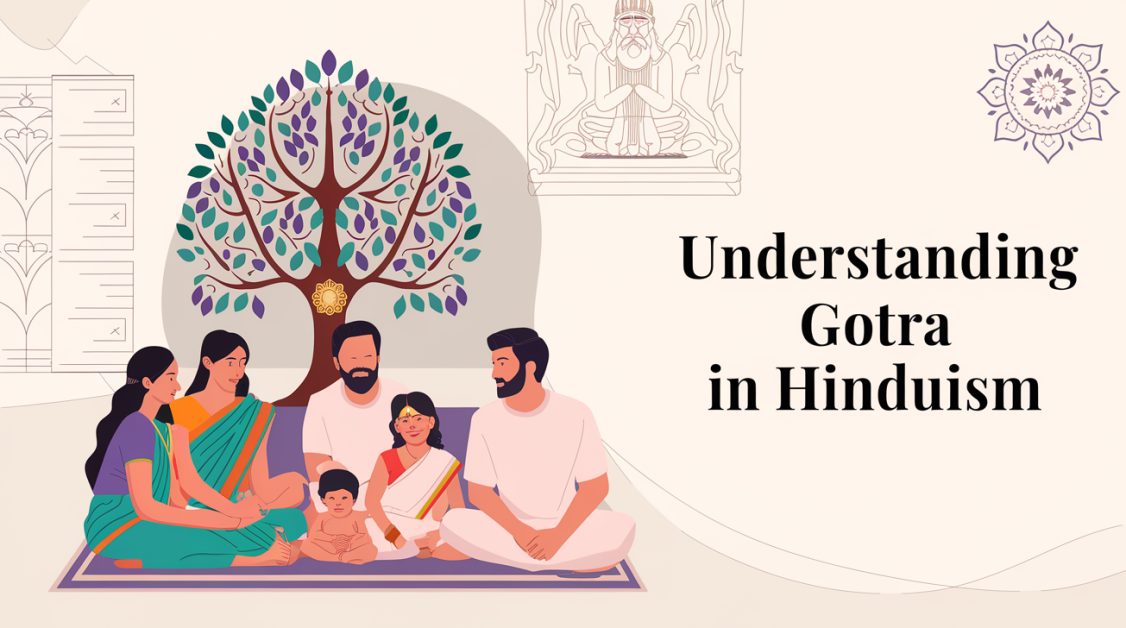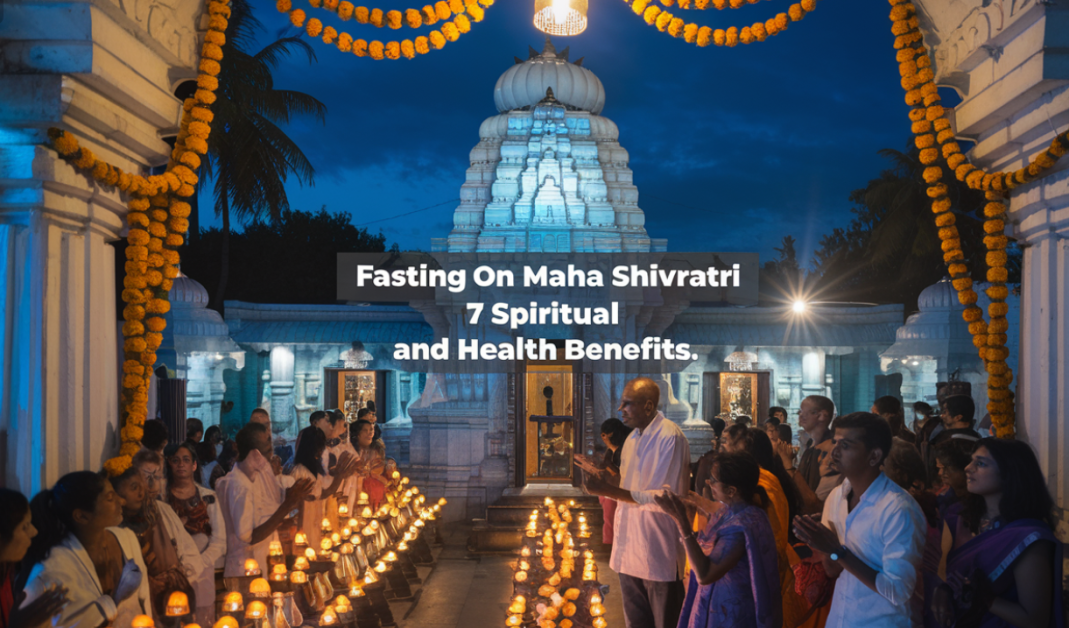
Maha Shivratri, the grand night of Shiva, is a festival of profound spiritual significance for Hindus worldwide. Observing fasting on Maha Shivratri is a common practice, undertaken with devotion and reverence. This blog post explores the spiritual and health benefits of this age-old tradition, offering insights for those observing or considering observing the Maha Shivratri Vrat.
Explore Blog Content
ToggleThe Sacred Night of Shiva: Understanding Maha Shivratri
Maha Shivratri, celebrated on the Krishna Paksha Chaturdashi in the Hindu month of Phalguna, honors Lord Shiva, one of the principal deities of the Hindu pantheon. It is a night of intense devotion, where devotees observe fasting, offer prayers, and chant mantras dedicated to Shiva. This festival symbolizes the union of Shiva and Shakti, the divine feminine energy, and is considered highly auspicious for spiritual growth.
The Significance of Maha Shivratri Vrat
The Maha Shivratri Vrat, or fast, is more than just abstaining from food. It is a spiritual discipline that involves controlling the senses, focusing the mind on Lord Shiva, and seeking his blessings. By observing this fast with sincerity and devotion, devotees are believed to purify their minds, overcome negative tendencies, and attain spiritual liberation. It’s a way to deepen one’s connection with the divine and experience inner peace.
"Fasting on Maha Shivratri is not just about abstaining from food; it is about controlling our senses and focusing our mind on the divine."
7 Spiritual Maha Shivratri Fast Benefits
- Spiritual Purification: Fasting on Maha Shivratri is believed to cleanse the mind and body, removing negative thoughts and emotions. It allows devotees to focus on spiritual practices and connect with their inner selves.
- Enhanced Focus and Concentration: By abstaining from food, the mind becomes lighter and more focused. This facilitates meditation and prayer, allowing devotees to deepen their connection with Lord Shiva.
- Strengthened Willpower: Observing the Maha Shivratri Vrat requires discipline and willpower. Successfully completing the fast strengthens one’s resolve and helps overcome cravings and temptations.
- Karmic Cleansing: It is believed that fasting on this auspicious night can help cleanse past karmas and pave the way for a more positive future.
- Blessings of Lord Shiva: Devotees believe that sincere fasting and prayer on Maha Shivratri earn them the blessings of Lord Shiva, bringing prosperity, happiness, and spiritual growth.
- Union with the Divine: Maha Shivratri is considered an ideal time to connect with the divine. The energy during this night is believed to be highly conducive to spiritual practices.
- Awakening of Consciousness: The spiritual practices undertaken during Maha Shivratri, including fasting, chanting, and meditation, can help awaken one’s consciousness and lead to self-realization.
Health Benefits of Maha Shivratri Fasting
While the primary focus of Maha Shivratri Vrat is spiritual, it also offers several health benefits:
- Digestive Rest: Fasting gives the digestive system a much-needed rest, allowing it to cleanse and rejuvenate.
- Detoxification: Abstaining from food helps the body eliminate toxins, promoting overall health and well-being.
- Improved Metabolism: Periodic fasting can help regulate metabolism and improve overall bodily functions.
- Weight Management: Fasting, when done correctly, can contribute to weight management.
- Reduced Risk of Chronic Diseases: Some studies suggest that periodic fasting may reduce the risk of chronic diseases like diabetes and heart disease. It is important to consult a healthcare professional before undertaking any fast, especially if you have pre-existing health conditions.
- Increased Energy Levels: While it may seem counterintuitive, fasting can actually increase energy levels by allowing the body to focus on repair and rejuvenation rather than digestion.
- Mental Clarity: The mental discipline required for fasting can translate to improved mental clarity and cognitive function.
"By observing the Maha Shivratri Vrat with sincerity and devotion, we can purify our minds, overcome negative tendencies, and attain spiritual liberation."
How to Observe Maha Shivratri Vrat
The Maha Shivratri Vrat typically involves abstaining from food and water from sunrise on the day of Maha Shivratri until sunrise the following day. However, variations exist, and some individuals may choose to observe a partial fast. It’s crucial to listen to your body and consult with elders or religious leaders for guidance.
During the fast, devotees engage in various spiritual activities, such as:
- Chanting mantras dedicated to Lord Shiva, especially the Maha Mrityunjaya Mantra.
- Visiting Shiva temples and offering prayers.
- Performing Abhishek (ritual bathing) of the Shiva Lingam.
- Reading scriptures and listening to religious discourses.
- Meditating and reflecting on the divine.
Breaking the Fast
The fast is broken the following morning after offering prayers to Lord Shiva. It is recommended to break the fast with light and easily digestible food.
Conclusion
Fasting on Maha Shivratri is a deeply spiritual practice that offers numerous benefits for both the mind and body. It is an opportunity to connect with the divine, purify oneself, and seek the blessings of Lord Shiva. Whether you are a seasoned observer or considering observing the Maha Shivratri Vrat for the first time, it is essential to approach it with sincerity, devotion, and an understanding of its significance. May this Maha Shivratri bring you peace, prosperity, and spiritual growth.
FAQs Section
- What is the significance of Maha Shivratri?
Maha Shivratri is a Hindu festival celebrating Lord Shiva. It signifies the union of Shiva and Shakti and is considered highly auspicious for spiritual growth and liberation. - Why do we fast on Maha Shivratri?
Fasting on Maha Shivratri is a way to show devotion to Lord Shiva, purify the mind and body, and seek his blessings. It also helps to control the senses and focus on spiritual practices. - What are the rules of Maha Shivratri Vrat?
The most common practice is to abstain from food and water from sunrise on Maha Shivratri until sunrise the following day. However, variations exist, and some may opt for a partial fast. - What food can we eat after breaking the Maha Shivratri fast?
It is recommended to break the fast with light and easily digestible food, such as fruits, milk, or simple vegetarian dishes. - Can I drink water during Maha Shivratri fast?
Traditionally, the Maha Shivratri fast involves abstaining from both food and water. However, if you are unable to do so due to health reasons, you may consult with elders or religious leaders for guidance. - What mantras should I chant on Maha Shivratri?
The Maha Mrityunjaya Mantra is considered particularly powerful and auspicious to chant on Maha Shivratri. - What is the best way to spend Maha Shivratri?
The best way to spend Maha Shivratri is by engaging in spiritual activities such as chanting mantras, visiting Shiva temples, performing Abhishek, reading scriptures, and meditating. - What if I am unable to fast due to health reasons?
If you have health conditions that prevent you from fasting, it is important to consult with a doctor and religious leader for alternative ways to observe the festival. You can still participate in the spiritual aspects of Maha Shivratri even if you cannot fast.

